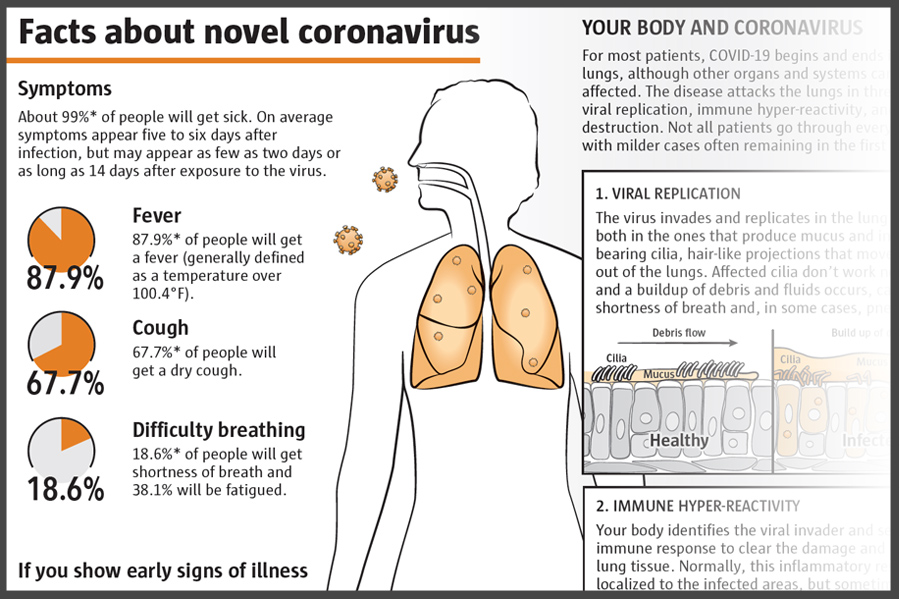Every year, Nurse Practitioner Week provides a well-deserved spotlight on the exceptional contributions of nurse practitioners (NPs) to the healthcare field. This year, it will be celebrated on November 12th – 18th. During this week-long celebration, Shield HealthCare recognizes the critical role NPs play in providing high-quality, patient-centered care and the significant impact they have on healthcare outcomes and access.
What is a Nurse Practitioner?
Nurse practitioners are advanced practice registered nurses (APRNs) with specialized training and education, allowing them to diagnose, treat, and manage a wide range of medical conditions. All NPs have a bachelor’s degree or higher and are licensed as registered nurses (RN). Their role has evolved significantly over the years, reflecting the growing demand for skilled healthcare professionals who can bridge the gap between primary care physicians and patients. Nurse practitioners are a vital part of the healthcare workforce.
NPs and physicians often work in the same environment, see the same types of patients, and treat the same illnesses. However, as similar as they may seem, the philosophy of their practice and the way in which they are trained is what distinguishes each from the other.
One of the defining qualities of nurse practitioners is their dedication to providing patient-centered care. NPs take the time to listen to their patients, understand their concerns, and develop individualized treatment plans. This personalized approach not only leads to improved patient satisfaction but also results in better health outcomes and adherence to treatment regimens.
Nurse practitioners are valuable members of interdisciplinary healthcare teams. They collaborate closely with physicians, nurses, and other healthcare professionals to deliver integrated care. This collaborative approach enhances the efficiency and effectiveness of healthcare delivery.
The Rise of Nurse Practitioners
The role of nurse practitioners traces back to the mid-1960s when the first NP program was established. Since then, nurse practitioners have continued to grow in number and gain recognition as valuable members of the healthcare team. There are currently an estimated 350,000 nurse practitioners licensed in the United States.
NPs have become a lifeline for communities facing healthcare shortages, particularly in rural and underserved areas. Their ability to provide comprehensive care, including performing physical exams, ordering diagnostic tests, and prescribing medications, helps to fill the gaps in healthcare access. This expanded scope of practice has been crucial in improving healthcare equity and ensuring that more people receive timely and quality care.
Advocates for Preventive Care
NPs are strong advocates for preventive care, emphasizing the importance of regular screenings, vaccinations, and healthy lifestyle choices. By promoting wellness and early intervention, nurse practitioners play a pivotal role in reducing the burden of chronic diseases and improving overall community health.
Educators and Innovators
Many nurse practitioners are also involved in educating the next generation of healthcare providers. They serve as mentors and instructors in nursing schools, passing on their knowledge and expertise. Additionally, NPs often contribute to healthcare research and innovation, driving advancements in patient care and treatment modalities.
Nurse Practitioner Week is a time to express gratitude and admiration for the tireless efforts of nurse practitioners. Their dedication to patient-centered care, commitment to expanding healthcare access, and contributions to healthcare education and research make them true healthcare heroes. As the demand for primary care providers continues to grow, nurse practitioners will undoubtedly remain at the forefront of delivering comprehensive, compassionate, and quality healthcare to communities around the world.




















